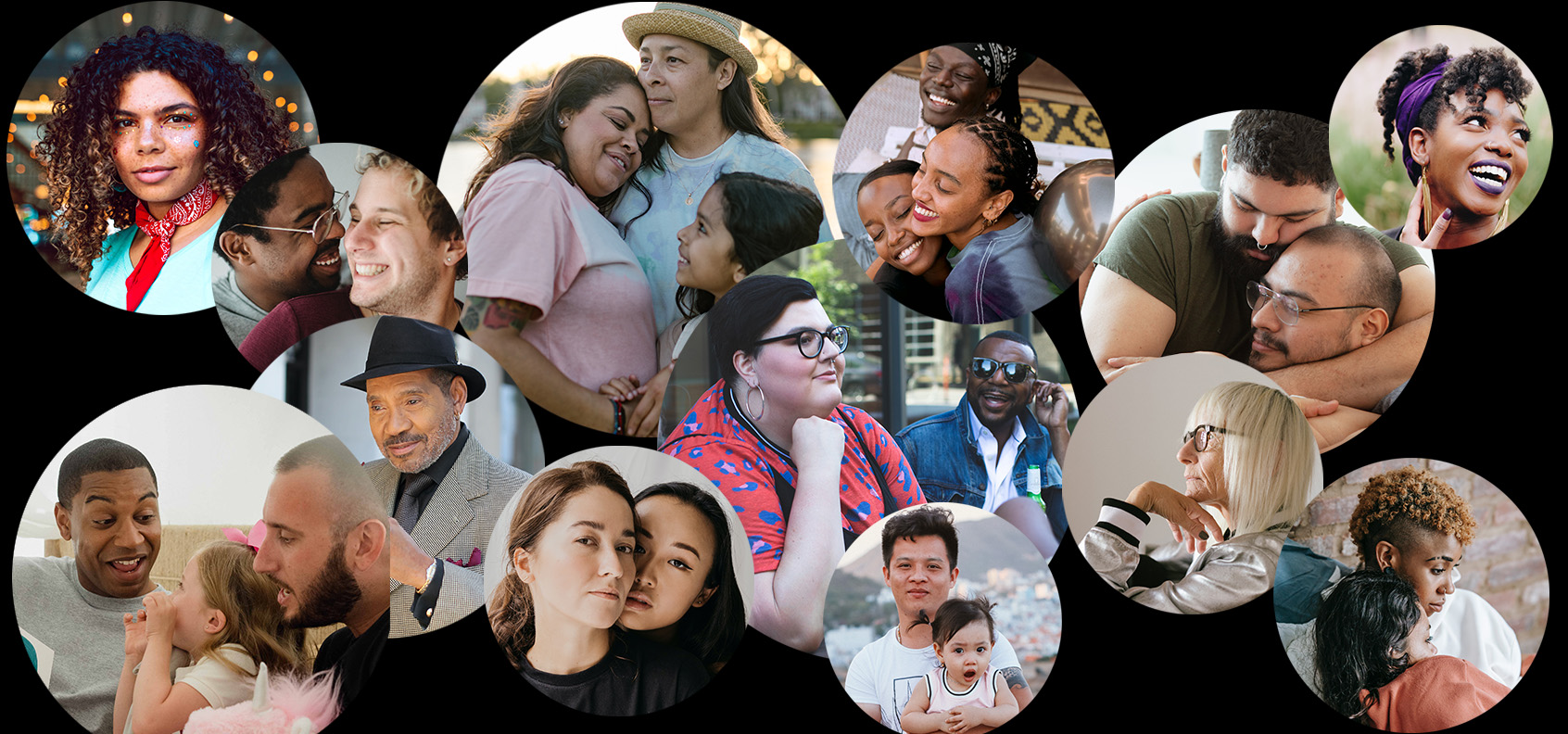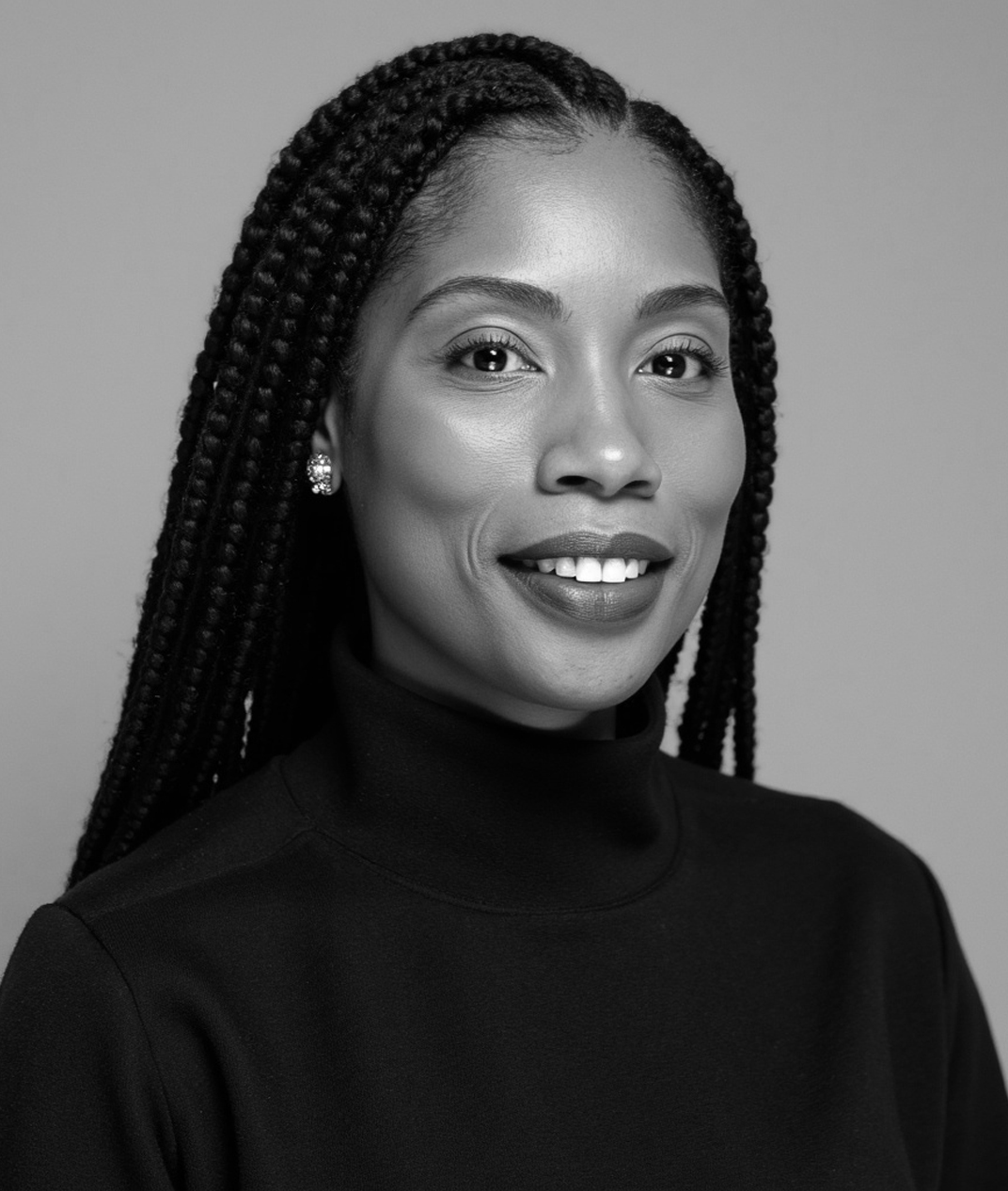Over 20 million Americans identify as lesbian, gay, bisexual, transgender, or queer (LGBTQ+), many of whom face health disparities linked to societal stigma, discrimination and denial of their civil and human rights. Due to a long history of exclusion, lack of visibility and focus on the community in healthcare, LGBTQ+ Americans often face gaps in health services, treatment and outcomes.
Much of the national conversation has been focused on LGBTQ+ rights and health, including debates about laws restricting gender-affirming care and inclusive sexual health education in schools. From anti-LGBTQ+ legislation to a sharp increase in hateful rhetoric online and IRL, this resilient group is being pushed to their limit – even in the doctor’s office. But there’s a much more common, widespread problem. The stigma, discrimination and exclusion that LGBTQ+ Americans experience in the healthcare system is having severe health consequences. As Jesse Ehrenfeld, MD, MPH, the first openly gay person elected to the American Medical Association Board of Trustees, has noted, “LGBTQ patients are more likely to be uninsured, live with the burden of chronic disease, have difficulties accessing healthcare, and be more at risk for certain types of health issues such as obesity, cardiovascular disease and cancer.”
While many factors contribute to health disparities among LGBTQ+ Americans, one that is often overlooked is the lack of relevant, inclusive health information.
We conducted a national survey to determine where Americans are turning to for healthcare information and guidance in making health decisions. Our research uncovered that LGBTQ+ Americans are creating their own circles of trust – a dynamic and highly curated group of people and sources they turn to navigate health information and decision-making. We call them Chosen Circles.
- The rise of chosen circles: 63% of LGBTQ+ Americans say they have created personal networks of trusted people and resources that they refer to when making decisions about their health.
- A powerful force: Nearly 1 in 4 (23%) say they have gone against a recommendation made by their healthcare provider because of information shared by a close friend or family member
- People like me: 36% say they want health opinions from people who share the same identity components as them (e.g., race, gender, sexual orientation, etc.) versus 27% of non-LGBTQ+ Americans.
LGBTQ+ Americans are turning to trusted – and less expected – groups of people for information and support in health decision-making.
- The influence of influencers: More than 1 in 3 (36%) of LGBTQ+ Americans say online influencers are an important source of health information.
- The impact of educators: Nearly 1 in 5 (17%) of LGBTQ+ Americans say they have had conversations about their health at school. This is nearly twice the rate of non-LGBTQ+ Americans, and particularly noteworthy given increased restrictions on inclusive sexual health education in schools.
- The therapist: More than 1 in 4 (28%) of LGBTQ+ Americans say mental health therapists and counselors provide critical emotional support on health matters.
- The friends and family effect: Nearly half (46%) of LGBTQ+ Americans rely on family members for opinions on what is best for their health. And 35% turn to friends and neighbors to learn about relevant health information.
Traditional health providers and industry are not breaking through.
- Nearly half of LGBTQ+ Americans do not include healthcare providers as a top source of health information (44%, versus 32% of non-LGBTQ+ Americans).
- LGBTQ+ Americans say they do not believe health entities have their best interests in mind:
- Pharmaceutical companies: 64%
- Government health agencies: 55%
- Hospitals and health organizations: 48%
Chosen Circles address the underlying lack of trust, relatability and inclusion in health information, which has urgent, real-world impact.
- Nearly 1 in 4 LGBTQ+ Americans have ignored health information because it didn’t feel inclusive of people like them (24%, versus 18% of non-LGBTQ+ Americans)
- More than 1 in 4 LGBTQ+ Americans say they have gotten sick in the last 12-18 months because they didn’t have access to the health information they needed (27%, versus 18% of non-LGBTQ+ Americans)
Health communicators and marketers have an obligation to change the way we deliver health information to LGBTQ+ Americans. It starts with deeply understanding the complex dynamics that impact LGBTQ+ health decision-making when building any health communications strategy. The findings in this report are crucial for government health agencies, pharmaceutical companies, and other organizations looking to engage LGBTQ+ communities with accurate – and even lifesaving – health information. I encourage you to not just read Chosen Circles, but to put its recommendations into action.


